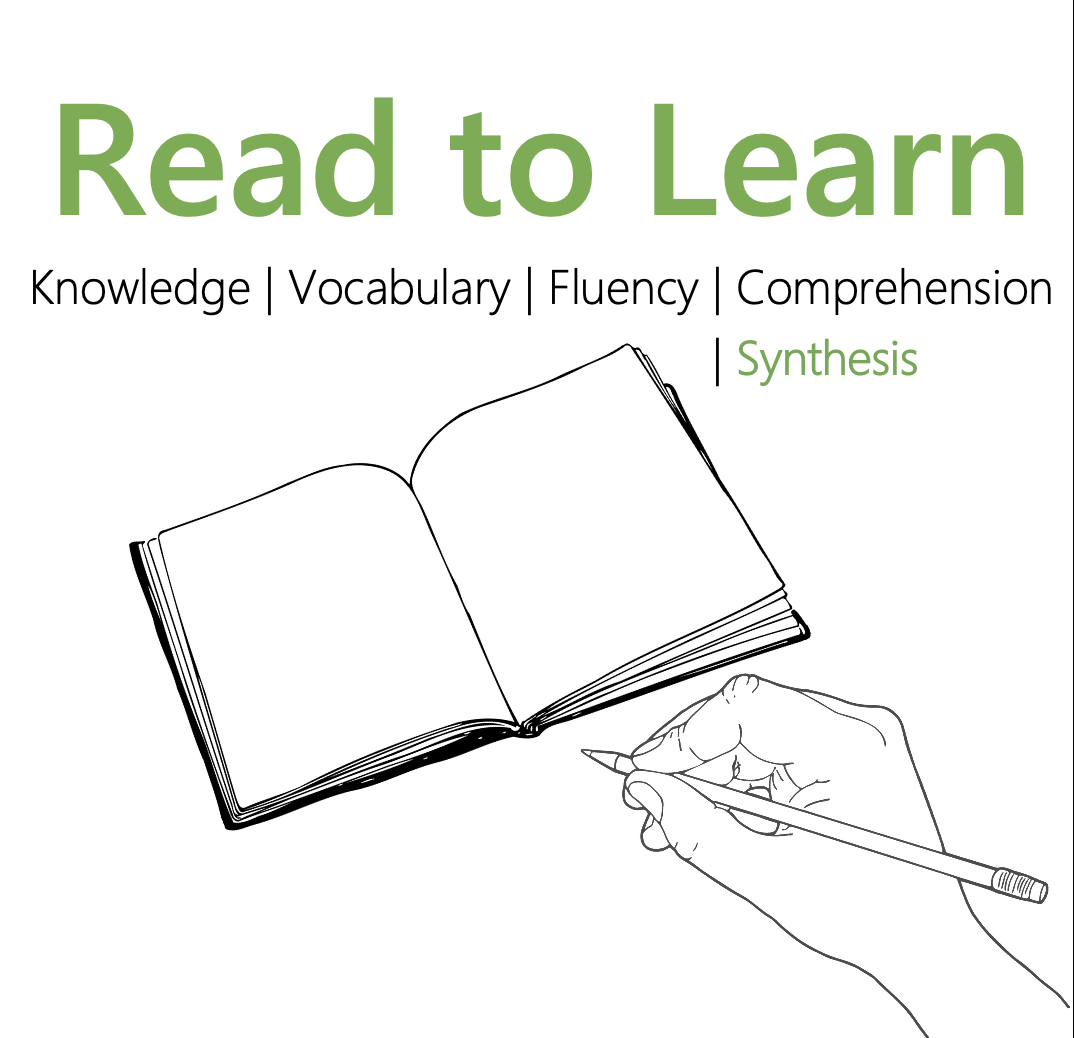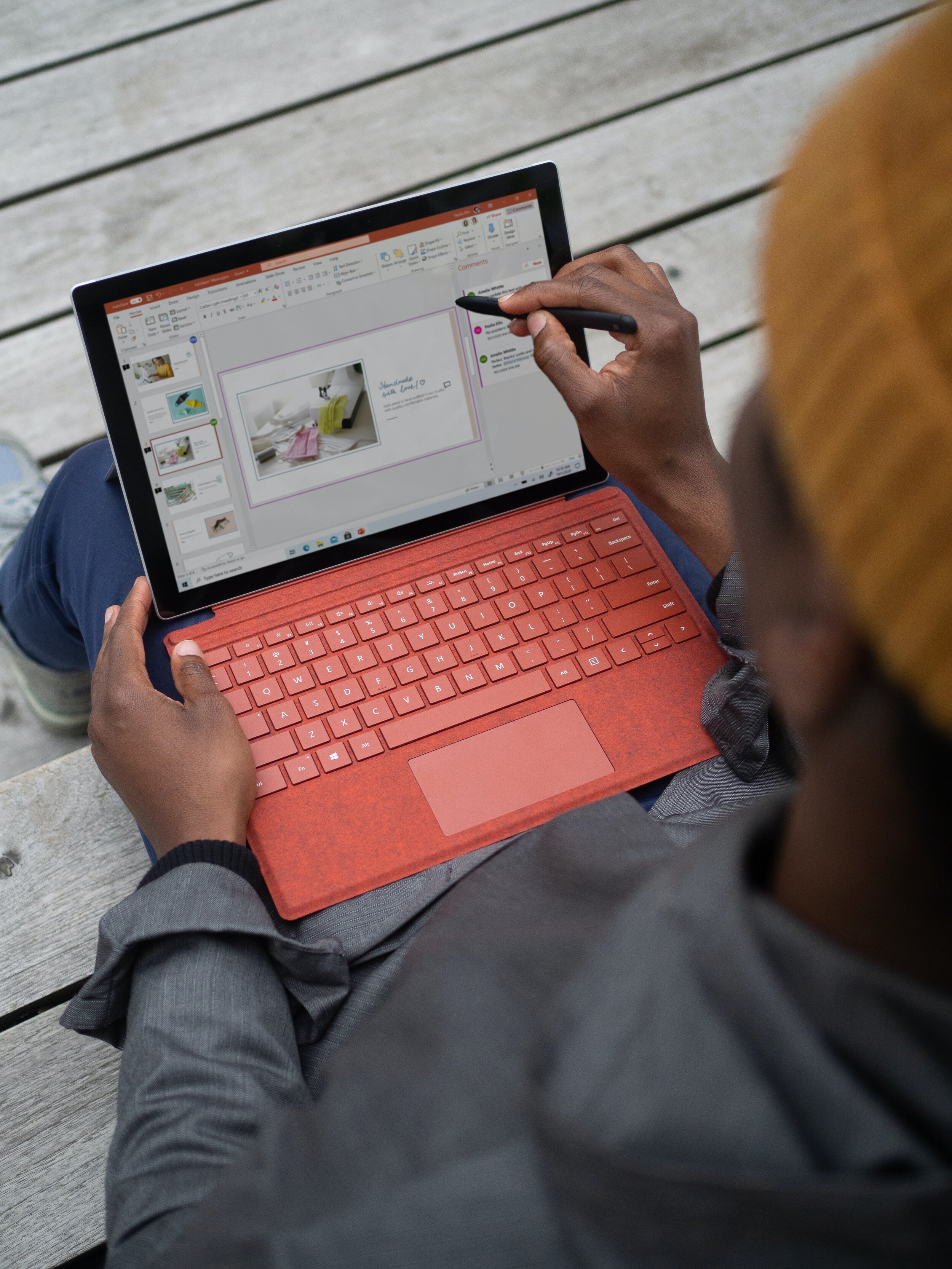Read 2 Learn Australian Units - Call for Writers
Read2Learn (r2L) is Brandon Park Primary’s new platform for teaching reading comprehension within a knowledge-rich curriculum. This is an evolution from their work in recent years to teach reading comprehension explicitly and in a way that gets students focussed on in-depth text.
7:30PM AEST START (Melbourne Time).
Come along to this free information session to hear about the ambitious project to share our curriculum resources with you, and collaborate with other schools to produce high-quality units that develop knowledge and reading/writing expertise in students.
In this session, we will:
provide an update on the project so far
make available new and updated units for you to teach tomorrow
outline the Australian history and geography units still to develop, and how you could get involveD!
r2L Lessons have a range of formats, to alternate what students are asked to do. This helps students grapple with new content and apply their learning in various ways (not just by answering comprehension questions). These activities include:
Whole class reading
Independent reading
History and Geography skills development
Games and role plays
Video content
Hands-on exploration of materials
Application activities
Short Writing or Oral Language Tasks
Class discussion
Our Presenters
Dr Nathaniel Swain
I am a Teacher, Instructional Coach, Researcher and Writer. I am passionate about language, literacy and learning, and effective and engaging teaching for all students. I teach a class of first year foundation students, in a space affectionately known as Dr Swain’s Cognitorium. I also work as Science of Learning Specialist in my school.
Shane Pearson
I am a Speech-Language Pathologist specialising in literacy difficulties and am passionate about effective whole-school literacy instruction practices. While working in schools and private practice in an intervention capacity, I became aware of the many instructional casualties caused by non-evidence-based literacy teaching. This drove me to develop a freely-available spelling and decoding curriculum. I began work at my current school in Melbourne’s south-east in late 2018 solely to improve spelling results. However, implementing evidence-based spelling instruction has been just the beginning of this school’s journey of aligning teaching to the Science of Reading and Learning.
Want to get your name down for the r2L project straight away?


